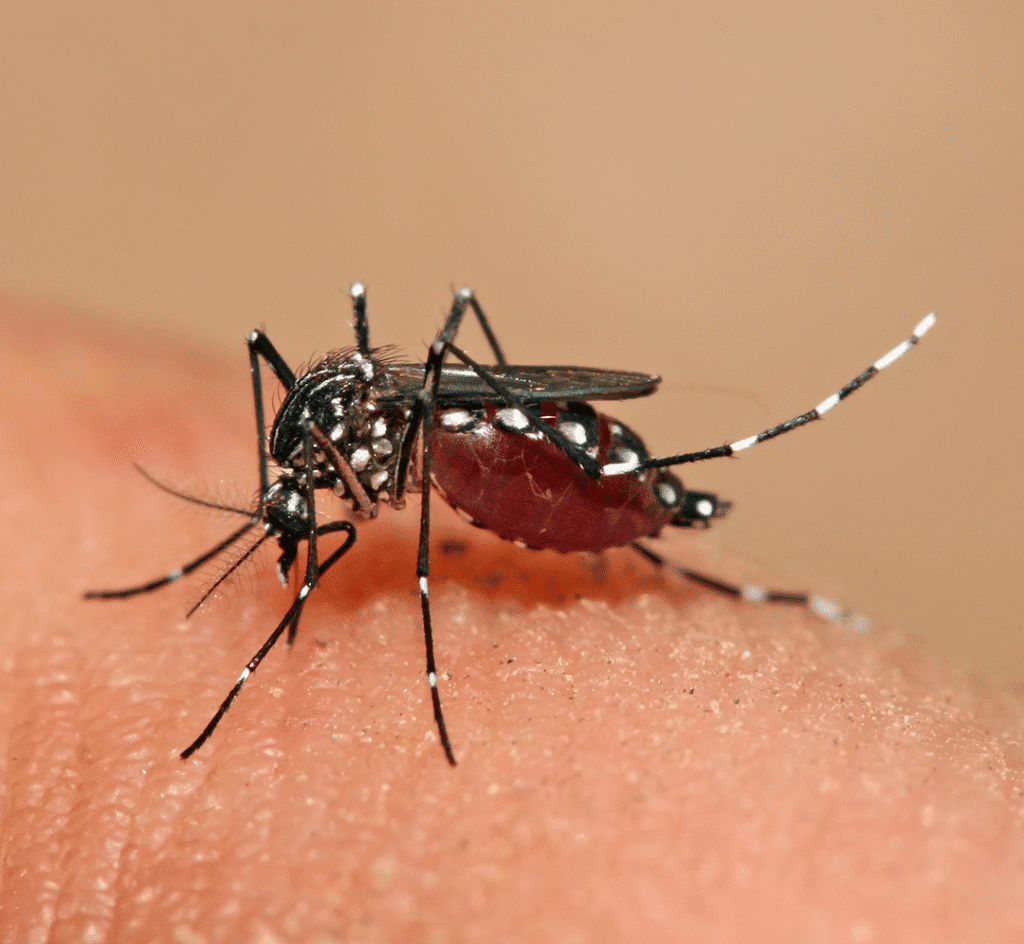
Amaravati – In a landmark initiative blending technology with public health, the Government of Andhra Pradesh has introduced the Smart Mosquito Surveillance System (SMoSS)—a comprehensive AI-powered platform to proactively monitor and control vector-borne diseases such as dengue and malaria.
Spearheaded by the Municipal Administration and Urban Development (MAUD) Department, this initiative positions Andhra Pradesh as a national innovator in AI-integrated disease prevention infrastructure.
From Blind Spraying to Predictive Vector Control
The traditional model of reactive fogging is being replaced by real-time, data-led intervention, thanks to:
- AI-based mosquito sensors detecting species, gender, and density
- IoT-enabled weather monitoring for parameters like humidity and temperature
- Drone-based larvicide spraying, reducing manpower and chemical usage
- Integrated dashboards for city health officers to monitor live field updates
The goal is to shift from sporadic responses to predictive analytics, allowing urban health teams to strategically target hotspots before outbreaks escalate.
Pilot Deployment in 6 High-Risk Cities
The pilot rollout spans 66 critical locations in the following urban zones:
- Vijayawada (28 locations)
- Visakhapatnam (16)
- Nellore (7)
- Rajamahendravaram (5)
- Kurnool (6)
- Kakinada (4)
These areas have historically reported high vector-borne disease incidence, including 5,500+ dengue cases in 2024 alone.
Hospitals across the state will input daily vector-borne disease reports into SMoSS, enabling:
1.AI-generated alerts for immediate field response
2.Dynamic hotspot mapping
3.Geotargeted interventions
Integrated Citizen Feedback & Field Coordination
The platform seamlessly connects with mobile apps like Vector Control and Puramitra, allowing:
- Citizens to report mosquito breeding zones in real time
- Field staff to document on-ground responses
- Central health teams to assess issue closure and feedback loops
A centralized control room will process inputs from hospitals, civic field staff, drones, and weather sensors—creating a 360-degree situational awareness system.
Outsourced Execution with Performance-Based Incentives
To ensure scalability and accountability, Andhra Pradesh will outsource operations to specialised agencies, with:
- Performance-linked compensation models
- KPIs based on real-time outcomes, not just activity logs
This public-private framework incentivizes operational efficiency while maintaining strict public health accountability.
Strategic Insight: AI in Urban Disease Surveillance
For public health stakeholders, hospital administrators, digital health providers, and urban planners, SMoSS is a case study in intelligent disease surveillance, blending:
- Precision vector control
- AI-based environmental monitoring
- Integrated clinical data sharing
- Smart city governance principles
SMoSS is more than just a tech upgrade—it represents a shift in public health architecture, making room for predictive planning, not reactive firefighting.
Industry Takeaway
Pharma companies involved in vector-borne disease therapeutics, diagnostic kit manufacturers, AI/IoT firms, and urban health policymakers should monitor this model closely for:
- Collaborative opportunities in smart public health tech
- Integration of disease surveillance platforms into pharma-led CSR and outreach
- Co-development of AI tools for predictive outbreak management
As urban India grapples with climate-sensitive health risks, state-driven tech innovation like SMoSS may become a template for scalable, data-first disease prevention nationwide.

